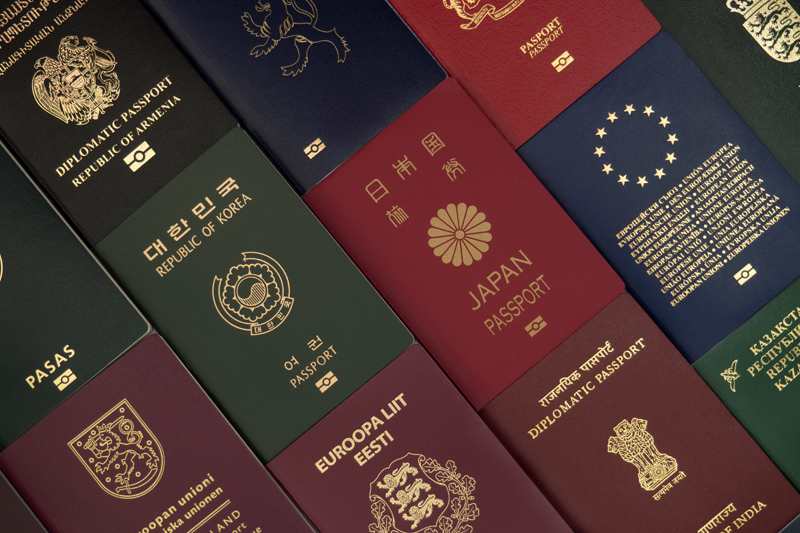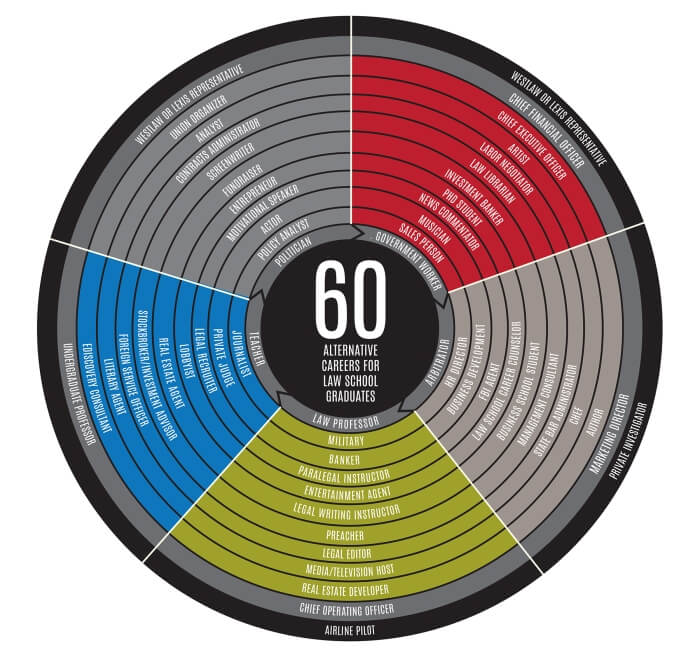On July 1, Maryland joined the growing list of states that have legalized recreational marijuana for adults. The new law allows residents aged 21 and older to purchase, use, possess, and cultivate limited quantities of cannabis. This landmark decision comes after Maryland residents voted in favor of recreational cannabis use in a November referendum, and Democrat Governor Wes Moore signed the Cannabis Reform Act into law in May.
Under the newly enacted legislation, adults in Maryland can now grow up to two cannabis plants for personal use and possess up to 1.5 ounces of cannabis. The cannabis will be subject to a 9% tax, as reported by Fox 5 DC. Previously, growing cannabis plants carried legal consequences, but the new law lifted this restriction, allowing individuals to cultivate their own cannabis.
While the law permits residents to buy, use, and possess cannabis, it’s important to note that consumption is limited to private residences. Public smoking of cannabis remains prohibited, according to Dawn Berkowitz, deputy director of the Maryland Cannabis Administration, as stated in an interview with WJZ.
Berkowitz further explained the possession and purchase limits under the new law: “The purchase limit is the same as the possession limit for personal use. That includes up to 1.5 ounces of cannabis flower, 12 grams of concentrated cannabis, or up to 750 mg of THC.” It’s worth noting that possessing more than 1.5 ounces but less than 2.5 ounces of cannabis may result in civil fines, while possession of more than 2.5 ounces could be considered intent to distribute, leading to potential criminal charges.
Don’t settle for a mediocre legal job. Search BCG Attorney Search for the best opportunities!
Another significant aspect of the new law is the expungement of convictions for marijuana-related crimes that are now legal. Individuals serving sentences for these offenses will be eligible for resentencing, and automatic expungement of relevant convictions will occur. Additionally, those convicted of possession with the intent to distribute can petition the courts for expungement three years after completing their sentences.
The state of Maryland has also authorized companies to provide medical cannabis to customers. Nearly 100 dispensaries have received approval from state regulators to become dual licensees, allowing them to serve both patients and adult consumers, in accordance with last year’s ballot measure.
“We have been thinking for a long time that Americans across the country are going to choose cannabis, and we see 6 million people in Maryland, and we know it’s going to be a large business here,” said Ben Kovler, CEO and Founder of Green Thumb and RISE Dispensary, in an interview with Fox 5 DC.
To support the new law’s implementation, the Maryland Cannabis Administration has approved 42 cultivators and manufacturers. Will Tilburg, the acting director of the Maryland Cannabis Administration, expressed excitement about offering safer, legal, and tested cannabis to adults in the state, emphasizing the importance of being well-informed about the parameters of the new law and promoting responsible cannabis consumption.
Maryland now joins more than 20 other states that have legalized recreational marijuana for adults. Governor Wes Moore acknowledged the significance of this decision, stating in a tweet on Saturday, “We are writing a new chapter in the story of cannabis in America. One that will lift communities harmed by criminalization and build a more competitive and more equitable economy.”
While Maryland has embraced recreational marijuana, it’s essential to note that cannabis remains illegal at the federal level. Consequently, its use continues to be prohibited in government buildings and other federal properties.
As Maryland embarks on this new era of cannabis legalization, it aims to create a thriving industry that benefits the economy and addresses the historical inequalities associated with marijuana criminalization. By providing opportunities for individuals to participate in the cannabis market and expunging past convictions, the state is striving for a more equitable and inclusive future.
Don’t be a silent ninja! Let us know your thoughts in the comment section below.






















